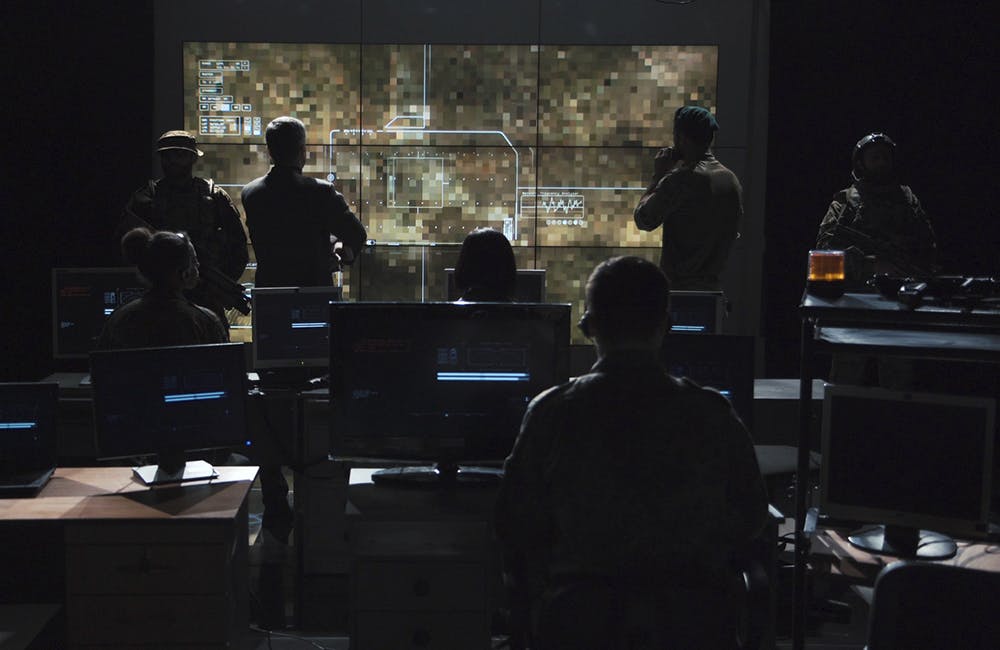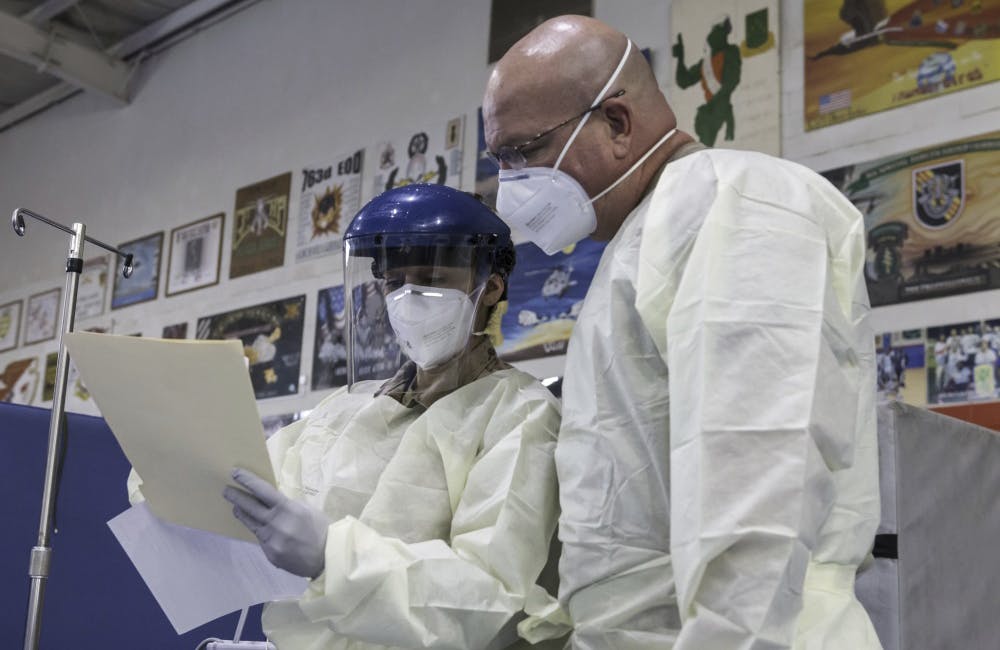-

Defense Task Force Final Report Underscores Investment in AI
The House Armed Services Committee’s Future of Defense Task Force's 2020 final report says the military should cut back on expensive obsolete weapons programs and accelerate innovation in emerging technologies like artificial intelligence.
7m read -

Digital Tools, Data Analytics are Keys to Pandemic Funding Oversight
With the trillions of dollars spent around COVID-19 relief and response funding, digital solutions are scaling and providing transparent oversight of that funding.
7m read -

Defense Digital Service Completes Cloud Software Pilot with Marine Corps
The Defense Digital Service helped the Marine Corps deliver its first cloud-based software program this year through a project called the Battle for Mon Cala.
7m read -

AI Commission Pushes for Digital Workforce Reform
Fostering and building on digital education and workforce growth are some of the most essential recommendations for advancing artificial intelligence, the National Security Commission on Artificial Intelligence told lawmakers during a House hearing last week.
7m read -

MHS Genesis Deployment is a Top Federal IT Acquisition Area
Defense Healthcare Management Systems' modernization initiative to transform Defense Department electronic health records is one of the 16 most mission-critical IT acquisition areas highlighted in a recent report from the Government Accountability Office.
7m read -

Military Services Aim for Joint Systems to Optimize Multi-Domain Operations
Military leaders are looking to create a synergistic and integrated approach to modernization across the services to improve mission and operations.
7m read -

Air Force's New Deputy CIO Brings Industry, Federal Experience
After three years at the Air Force, Knausenberger will lead the service’s office of SAF/CN driving rapid enterprise IT transformation and cybersecurity reform.
7m read -

Defense CDO Promises Data Strategy This Month
Defense Department Chief Data Officer David Spirk is aiming to submit the Defense Data Strategy to DOD leadership by Sept. 30, marking a new milestone for the military’s ability to leverage data as a strategic asset.
7m read -

Army Futures Command Strategizes AI, Software Advancements
Army Futures Command is prioritizing artificial intelligence and advancing software capabilities as some of its top IT initiatives, the command’s new Deputy Commanding General for Acquisition and Systems Management Lt. Gen. Thomas Todd said.
7m read -

New FEHRM Director Details Goals for Interoperability, Adaptability
Former Program Executive Office Defense Healthcare Management Systems Program Executive Officer Bill Tinston has transitioned to the Federal Electronic Health Record Modernization program office as its first official director, a position in which he intends to operationalize the FEHRM as it delivers health IT solutions for the single, common federal EHR.
7m read -

DHA’s Organizational Resiliency Amid COVID-19
As the Defense Health Agency continues to undergo organizational and technological changes, especially amid recent challenges around COVID-19, the agency is looking to further strengthen its resiliency to both gradual and sudden disruptions.
7m read -

DHMS Centralizing Health Data to Improve Defense Medicine
The Defense Health Management Systems is centralizing data from disparate sources with a cloud solution, preparing its data assets for greater usability to improve health care delivery across the Military Health System.
7m read















